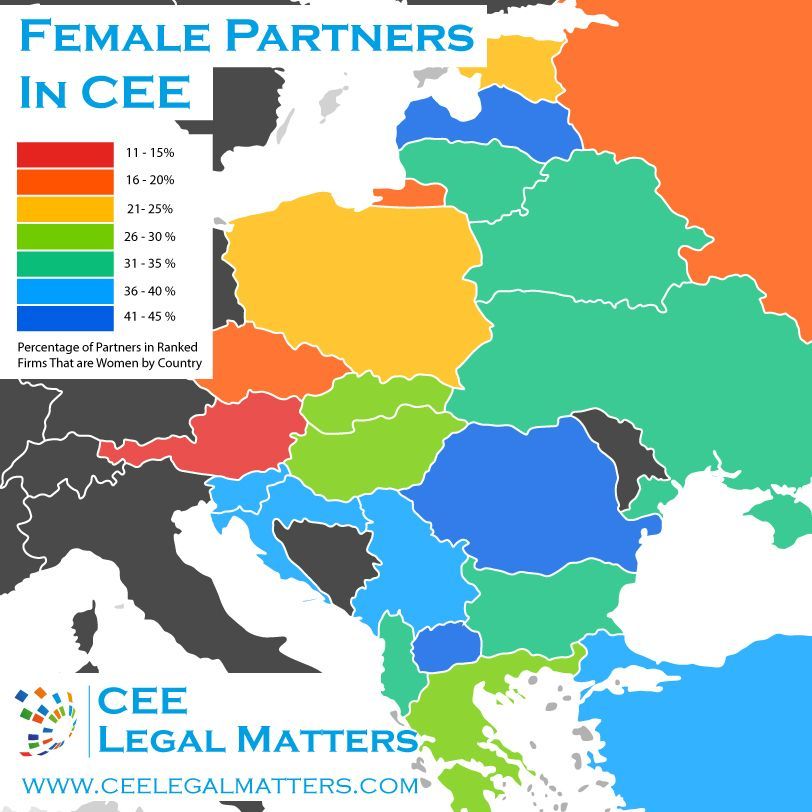Belarus cannot be said to have an old Competition Law tradition. There is still no “landmark” Competition Law case in Belarus, and according to the statistics of the Competition Authority (the Pricing Policy Department of the Ministry of the Economy), the total amount of all Competition Law fines imposed in 2013 was just BYR 2.3 billion (approximately EUR 171,000). But there are a wide variety of norms of Competition Law that are contained in the Constitution of the Republic of Belarus; International Treaties that have been ratified by the Republic of Belarus; Presidential Edicts; the Belarus Civil Code; the Code of Administrative Offenses; the Criminal Code; and other antitrust laws and regulations for business and economic activities.
The new Competition Act is based on the provisions of the Treaty On Common Principles And Rules On Competition signed in the frameworks of CES on December 12, 2010, and defines the institutional and legal frames for the prevention, restriction, and suppression of monopolistic activity and unfair competition in order to ensure the necessary conditions for the establishment and effective functioning of commodity markets, the promotion and development of fair competition, and the protection of the rights and legitimate interests of consumers.
The most important development of the new Competition Act is the increased role of the Competition Authority and the extension of its powers. The full range of investigatory, enforcement, regulatory, and decision-making powers is granted to the Competition Authority and its officials. This should help them to react promptly and flexibly in any situation; the authority will have stronger investigative powers and will be able to set its own priorities in competition policy.
Another key new provision of the Competition Act is the imposition of new requirements and thresholds for merger control tests and the requirement of prior consent on concentration deals from the Competition Authority. At the moment only concentration deals involving more than 30% of market share, majority share deals of more more than 25%, or direct control are require the prior consent of the Competition Authority. After July 1, 2014, however, additional factors, including balance sheet assets value (more than 100,000 base rates – approx. EUR 1 million) and annual revenue (more than 200,000 base rates – approx. EUR 2 million) will also be taken into account.
Furthermore, the new Competition Act calls for a more detailed determination of dominant position (commonly more than 35% market shares, but other more complex criteria can be applied) and actions treated as abuse of dominant position. At the same time, despite the application of other criteria, an entity cannot be treated as dominant if its market share does not exceed 15%, except for natural monopoly issues. Persons who according to the definition of the Competition Act are members of a group are exempted from obtaining prior consent on concentration deals, and need only notify the Competition Authority.
In order to harmonize the regulation of competition within the common market of the CES, new terminology was adopted by the Competition Act. Such terms as “vertical agreements”, “direct control”, “indirect control”, “economic concentration”, and “group of persons” are de jure in the new Competition Act.
The Competition Act for the first time – in article 4 – directly proclaims its extraterritorial character, stating that its provisions apply also to all actions (or lack of action) of persons outside the territory of the Republic of Belarus, and that such activities can lead to prohibition, limitation, or elimination of competition in the Belarusian market. This governs activity of all natural persons and legal entities, both residents and non-residents of Belarus. It is also applies to the residents of the Republic of Belarus, who participate in any deals outside Belarus which can influence competition, including actions with shares and other concentration activity.
The new Competition Act is a milestone in the history of Competition Law in Belarus. It should have a major impact on business in Belarus and, due to its extraterritorial provisions, also on foreigners doing business with Belarusian counterparts. Thus, it is crucial to make a full competition compliance review of current agreements and undertakings with Belarusian partners to avoid the risk of fines or other negative consequences.
By Tatiana Ignatovskaya, Partner, and Maxim Nikolaev, Counsel, Stepanovski, Papakul & Partners
This Article was originally published in Issue 2 of the CEE Legal Matters Magazine. If you would like to receive a hard copy of the magazine, you can subscribe here.

